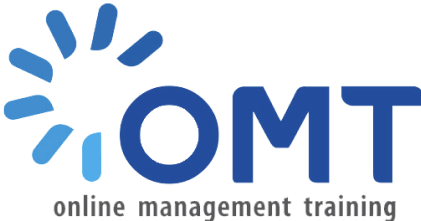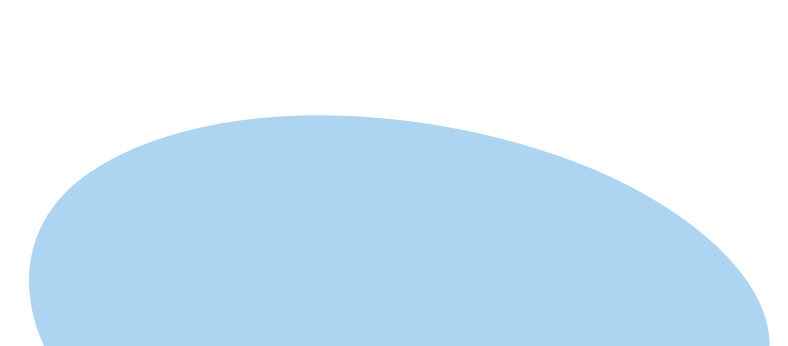



Teaching and learning
30/06/2020

Share the post
Last week, I went to a conference in New York, on a flight back home I sat next to a college student. After a few conversations, he began to talk about his school, his courses and how excited he was about his field of study.
He told me: “Most of my friends are afraid of Math, I think we all feel uncomfortable about Math. But I have a Math professor who is excellent and he makes us love Math. Whenever I leave his class, I am so motivated to learn more. I go to the library and do more homework for the class, and I want to learn more. A good teacher can make a big difference for students.”
Listening to his enthusiasm about his love to learn Math, make me happy. I totally agree with him that good teachers do make a difference in students’ learning. For years, we have heard that today students are not studying hard or not good at learning. However, I have found that most of my students are capable of learning everything that my courses require. Although some may need encouragement to gain the confidence, they all did well. Recently, I read in a newspaper that today students often sleep in class, some play video games on the Laptop or surf the Internet rather than listen to the lecture. Instead of taking note, many students use their smartphone to take pictures of the class materials on the blackboard. The fact is today students are active; they do not want to sit quietly to listen to a lecture in a classroom. That means to make them learn; the teaching method must change.
As a teacher, I want the class to be an active learning experience to keep my students engaged. When presenting a new concept, I always give them real examples that happened in the industry. In my experience, students enjoy the real-world scenarios as part of the learning. I want the class discussion to be lively among students, and keep my role as a facilitator rather than an authority. No one can be an expert in everything, and I am not afraid to say, “I don’t know.”. If students ask questions to which I do not know the answer, I tell them that I do not have an answer, but I will try to find out more for the next discussion. Students seem to like this honesty.
Each week, I post reading materials or a short video on my course website for students to view. This pre-class material varies among professors. Some of my colleagues prefer textbook readings – read chapter 3 from page 110 to 134. But I like students to read technical news from newspapers, magazines, or blogs rather than a textbook. Sometimes I ask them to watch a short video from YouTube, the Khan Academy, MIT’s Open Course Ware, or Coursera.
Instead of telling them to come to class “prepared” I make my expectation clear by what they need to do. When I assign an article for them to read before class, I explain what exactly I am expecting students to be able to do. What information they need to know and which details are important so they can use it to discuss during class. They may need to compare two points of view from the article as part of the class debate.
To make sure that students learn something before coming to class, I often begin the class with a short quiz, each worth 10 points toward their final grade. These works provide an incentive for students to come to class prepared and getting a good grade. These works help me to assess their understanding of the course materials. By knowing how much they have learned, I can prepare for the class discussion. In another word, I can modify my class discussion to focus on the materials in which students are confused or need help. If the students knew the basic knowledge, then they need to spend the class time to develop deeper learning and skills. I like to raise questions to promote class discussions. I also divide the class into two groups for debates where students have to analyze and synthesize materials to show that they have learned well. From these activities, I can assess their understanding as well as how much they learned. I believe that class time should be used to deepen their understanding and increase their skills at using their new knowledge instead of lecturing.
Source: science-technology.vn blog








